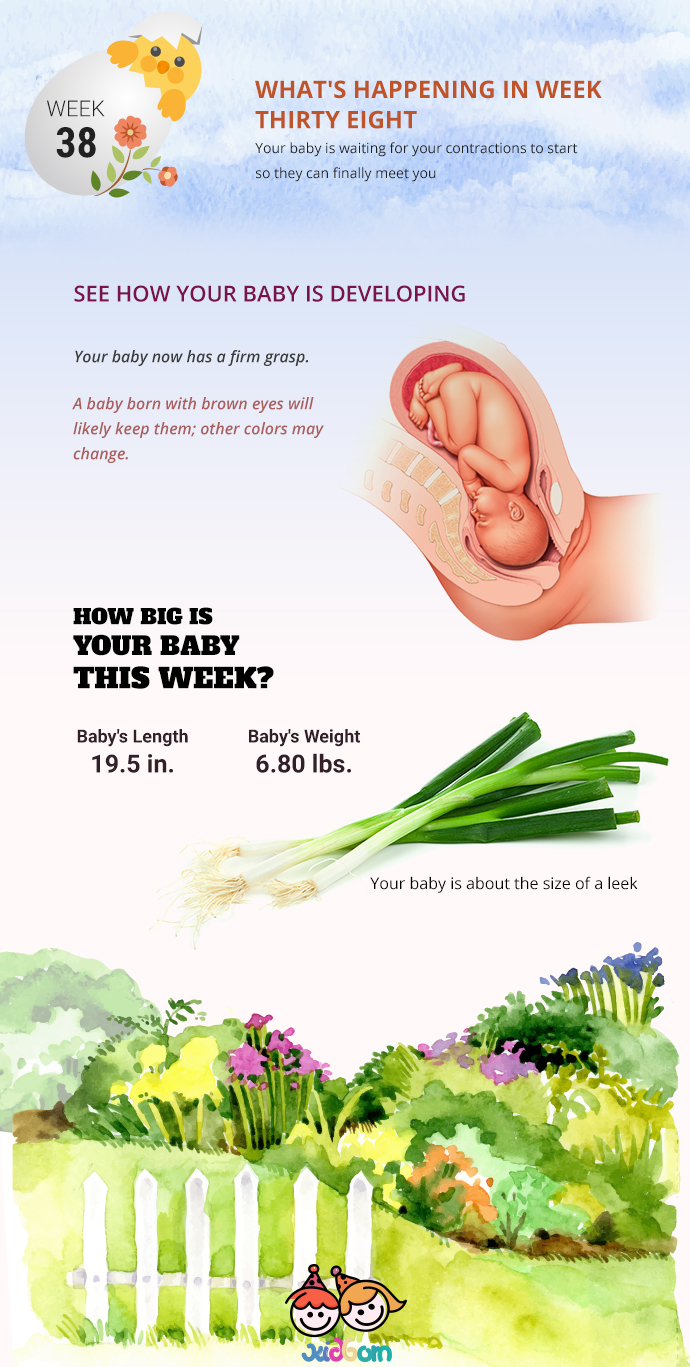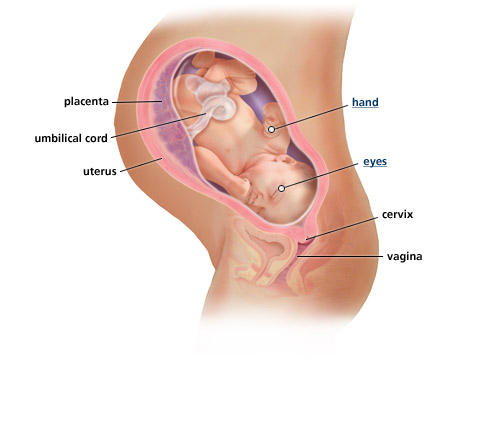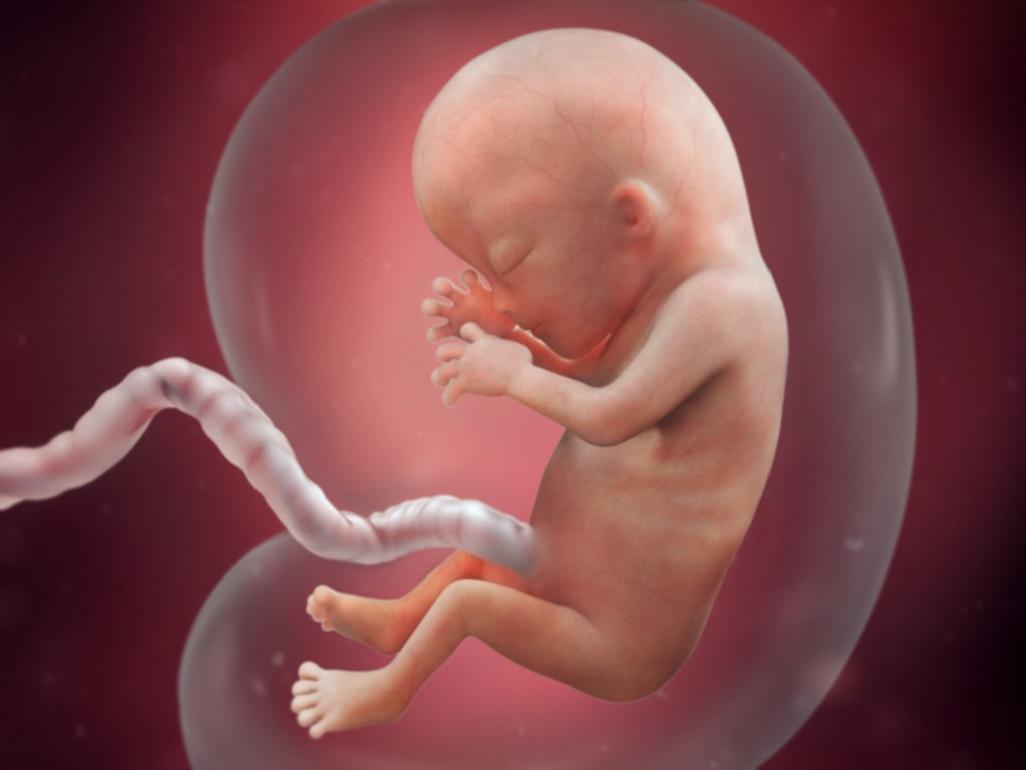
Do you know what the average time of birth is estimated to be?268 days it is! Which means, 38 weeks and two days from ovulation, with a standard deviation of 10 days.
Your baby is almost ready to see the world outside the womb. So, what is it that you need to expect during your labour? Do you need some encouragement to take into the delivery room? Go ahead reading the article to find out more.

It is all about you!You have reached 38 weeks of pregnancy, and this is the time when your belly size is going to remain constant till your delivery. If your little one has already dropped into your pelvis, then you can take it as a sign that labour may be on its way in a few days. You may also find that your belly is lower than it was earlier.
This is the time when you should be careful about your water breaking. It could happen at any time from now. When your water breaks, you will begin to notice a wetness which may run down the leg and not an immediate gushing of water. Therefore, you should have sufficient time to get to a bathroom and call your healthcare provider.
Patience is what you need now! Just try to watch out for the indications of labour. Contractions may begin, your water might break, you may lose your mucus plug, etc., all these are signs of labour. Make sure that you pay attention to everything that you feel is unusual, and keep your hospital bags packed.
You will experience more frequent sessions of Braxton Hicks contractions now. Unlike earlier in the third trimester, these false labour pains are more severe and might even be unpleasant. They may befall closer together, which can mislead you into thinking you’re in premature labour.
But, if your contractions fade when you rest or change positions, then they can be called as Braxton Hicks contractions. Actual labour pains will proceed to trouble you despite changes in position, and they will become more painful and more severe as time passes.


Swollen feet and ankles are one of the common and normal symptoms during the final weeks of your pregnancy. This sign is called as “oedema,” and it happens when surplus fluid gets collected in the tissues.
This is the time when your breast may start leaking. Colostrum or the pre-milk is what is leaking through your breasts. It helps in nourishing your newborn baby in the initial days of life if you are breastfeeding.

As and when your baby grows, he/she inserts more pressure on your bladder. Despite it being squashed flat, you should continue drinking water so as to stay hydrated and save yourself from dehydration.
Now is the time to go over your notes from the childbirth class and consider what labour positions you’d favour. Some may prefer standing on all fours or perhaps sitting in a rocking chair. It might be helpful for you to practice the various positions at home before your delivery date arrives.

Make sure that you install a rear-facing car seat so that you can safely transport the little one home from the hospital. Only 5 percent of the babies are born on their due date. Therefore it’s best to get everything done before your delivery.

Your baby, in its initial stage, was just a tiny cluster of cells, but throughout the nine-month process of pregnancy, he/she has grown into an amazing baby with prominent facial features, a beating heart and also kicking legs.
At 38 weeks, your baby isn’t ‘very small’ anymore. He/she weighs nearly seven pounds and measures 20 inches in length, (give or take an inch or two). His/her lungs will still be maturing and will produce more and more surfactant, which is a substance that blocks the air sacs in the lungs from clinging to each other once he begins to breathe. Most other developments this week are small but significant: He’s proceeding to add fat and fine-tune his nervous system and brain.
Your baby could be enjoying his/her last few weeks of snuggly comfort in your belly. Nevertheless, if he/she were born today, they would still be counted a full-term infant. His/her brain, in charge of difficult jobs such as regulating breathing, digestion, and circulation is working better each day. The baby comes to term anywhere between 38 and 42 weeks; your 40-week due date only marks the midpoint of this period. Nearly eighty-five percent of babies are born within two weeks of their scheduled date, so you’ll presumably give birth sometime in the following four weeks.
Your baby is shedding Lanugo, which is the fine hair which has covered the body of the baby for months. He or she may have some of it remaining on their shoulders, neck or even forehead at their birth. The baby will also lose vernix, which is the creamy, waxy substance that has helped in protecting the skin from amniotic fluid.
Your baby is also taking in amniotic fluid, and some of it winds up in his/her intestines. The cast-off vernix and lanugo end up in the little one’s intestines where it forms a part of the meconium. Meconium is a tarry, greenish-black substance that will form the baby’s first bowel movement after the birth and probably your first diaper change. It consists of amniotic fluid, dead cells and also waste products from the baby’s liver, gallbladder and pancreas.

Your little one’s development rate may be slowing down. However, he/she will still be making strides. Baby is apparently closing in on 19.5 to 20 inches in length and might weigh around 7 pounds.
It is the most powerful creation to have life growing inside of you.There is no bigger gift